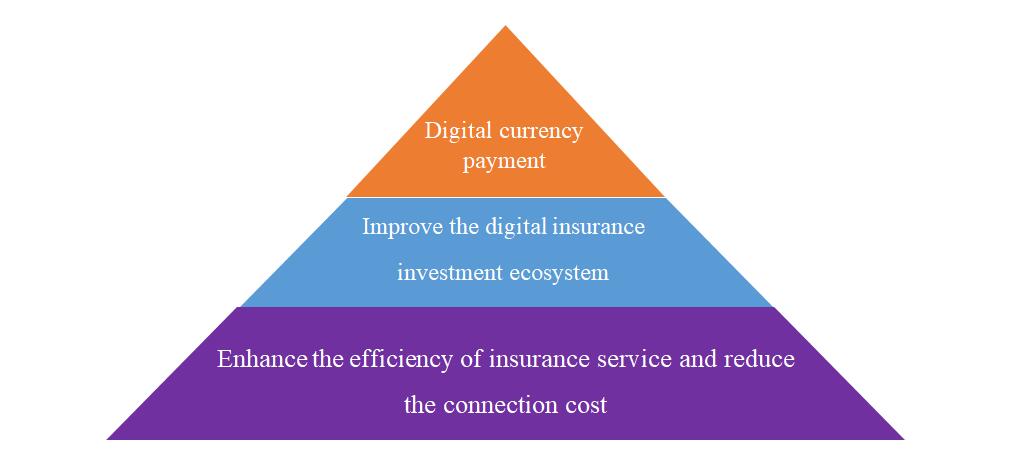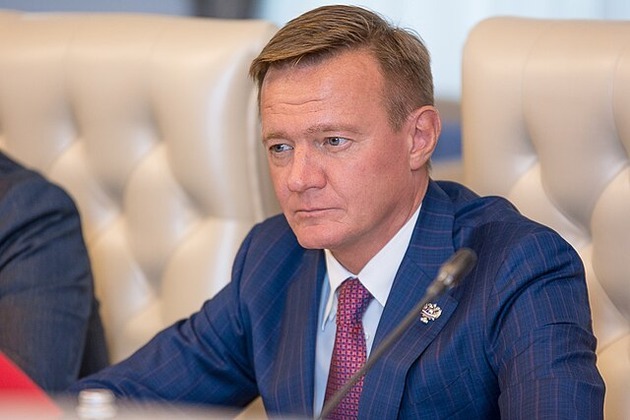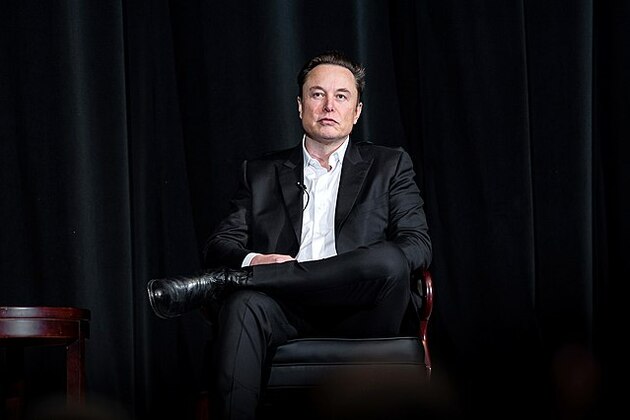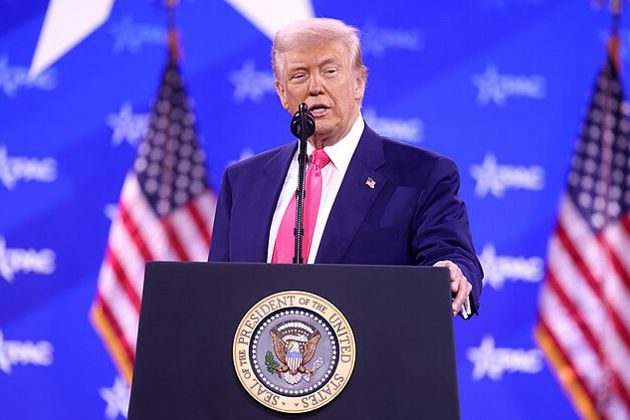KMI, a Global Digital Insurance Platform, Brings Disruptive Innovation to Insurance Industry
ACCESS Newswire
01 Jul 2020, 11:35 GMT+10
NEW YORK, NY / ACCESSWIRE / July 1, 2020 / The insurance industry has a long history. As early as around 2,500 BC, the kings of the ancient Babylonian kingdom ordered monks, judges and village chiefs to collect taxes as relief fund for fire disasters. Throughout the human history of thousands of years, the insurance industry has always been with us in our production and life. Since the beginning of the modern era, technology has permanently changed many industries. However, seen in many aspects, the trillion-dollar insurance industry is still at a standstill state.
Under the category of financial industry, insurance is an industry with a low threshold of information technology. The information pathway between insurance companies and customers should have been very smooth, and the mutual trust should have been at a high level. However, for historical reasons, the insurance industry has become highly intermediary. It is mainly manifested that a large amount of insurance business is transacted through insurance salespeople or intermediate channels, which invariably raises the application cost of insurance companies and end users. In addition, problems such as insurance fraud, difficulty in risk control and inefficient claim settlement are also rife in the insurance industry.

It seems that these problems involve many aspects, and appear to be complicated and difficult to solve. However, by seeing through the appearance, we will find out that the root causes are the low efficiency and the industrial opacity caused by the centralized structure. Under the centralized framework, for a lack of supervision from outside, the centralized organization will surely keep expanding to earn the maximum profit in spite of damaging the interest of users continuously. To solve these problems, we must smash down the centralized organization to make the industry more transparent. Therefore, we need to use the blockchain technology.
The far-reaching development prospects of blockchain technology have been foreseen by many people, and therefore many industries are scrambling to join the research and development of blockchain. The industry characteristics of the insurance industry and blockchain fit well together, and blockchain technology serves as an impetus in the core competencies of all insurance companies. It is a trigger point for the entire insurance industry to change its business model, and such new model will bring added value to insurers, reinsurance companies, insurance brokers, agents, etc. Besides, it can effectively evaluate and price risks, and create smart products in the insurance market. Back in 2001, the use of digital currency by CyberCash Company enabled them to be insured by the U.S. Federal Deposit Insurance Corporation (FDIC). This was the first combination of the insurance industry and the blockchain technology. Since then, there has been a steady stream of insurance industry projects seeking industry solutions in blockchain technology. The most famous case is KMI.

In order to accelerate the development of blockchain technology in the insurance industry, speed up the pace of pilot projects, and explore the potential use cases of blockchain technology in the insurance industry, in 2019, King Mutual Insurance (hereinafter referred to as 'KMI'), a global digital insurance platform built on blockchain technology, was officially established in the United States.
The standard-setter for KMI is the Global Respiratory Network Research Foundation ('GRNRF'). Headquartered in the US, and as a part of the RTGS Committee on Payments and Market Infrastructures (CPMI), it was jointly established by several blockchain industry research institutions, international insurance and financial service institutions and venture capital institutions in the blockchain field. By monitoring and analyzing the development of payment, liquidation and settlement systems in each country, GRNRF will strengthen the communication and cooperation role of central banks/insurers in the field of payment system regulation, focus on the popularization of blockchain knowledge and the innovation in technology industry, academia and research, and accelerate the industrial development of blockchain technology in the world, so as to promote the safe and efficient operation of payment, liquidation and settlement system in each country, and support the stable development of finance and macro-economy.
- KMI is a global insurance service platform that aims to solve a variety of problems in the insurance sector through blockchain technology. Its service orientation includes the following three parts:
- Enhance the efficiency of insurance services and reduce the connection cost of both parties.
- Improve the digital insurance ecosystem and realize more insurance service functions.
- Provide more insurance application scenarios for users and achieve convenient and fast digital currency payment.

KMI Service Direction
With KMI, diverse service scenarios can be realized, including decentralized insurance mall, intelligent risk control, cross-border insurance services, diversified financial services, insurance industry ecological alliance, etc. Every main body in the insurance industry chain can enjoy the progress brought by technology, and on KMI, they can quickly and conveniently conduct transactions and enjoy the value of insurance with confidence. All users' activities such as information transmission, asset transaction and fund distribution will be protected and supported by blockchain technology. In this sense, KMI will become the 'insurance' of the insurance industry, thus helping the insurance industry to develop in a more standardized and orderly manner.
Insurance is the greatest human invention in the field of economy, while blockchain technology represents the future direction of development. What changes will be brought to the world insurance market and even the financial system from the combination of the two? Let's focus on KMI, which is perhaps the most important step in the digitization of human social service system.
Media contact:
Company: Global Respiratory Network Research Foundation
Contact: Mark Philip
E-mail: [email protected]
Telephone: 323-5104668
SOURCE: Global Respiratory Network Research Foundation
View source version on accesswire.com:
https://www.accesswire.com/595766/KMI-a-Global-Digital-Insurance-Platform-Brings-Disruptive-Innovation-to-Insurance-Industry
 Share
Share
 Tweet
Tweet
 Share
Share
 Flip
Flip
 Email
Email
Watch latest videos
Subscribe and Follow
Get a daily dose of Kansas City Post news through our daily email, its complimentary and keeps you fully up to date with world and business news as well.
News RELEASES
Publish news of your business, community or sports group, personnel appointments, major event and more by submitting a news release to Kansas City Post.
More InformationInternational
SectionPutin fires transport chief, later found dead in suspected suicide
MOSCOW, Russia: Just hours after his sudden dismissal by President Vladimir Putin, Russia's former transport minister, Roman Starovoit,...
Thousands gather in Himalayas as Dalai Lama celebrates 90th birthday
DHARAMSHALA, India: The Dalai Lama turned 90 on July 6, celebrated by thousands of followers in the Himalayan town of Dharamshala,...
Fans perform WWII-era Fascist salute at Marko Perković’s mega concert
ZAGREB, Croatia: A massive concert by popular Croatian singer Marko Perković, known by his stage name Thompson, has drawn widespread...
U.S. Treasury Secretary says Musk should steer clear of politics
WASHINGTON, D.C.: Elon Musk's entry into the political arena is drawing pushback from top U.S. officials and investors, as his decision...
TikTok building U.S.-only app amid pressure to finalise sale
CULVER CITY, California: TikTok is preparing to roll out a separate version of its app for U.S. users, as efforts to secure a sale...
Trump defends use of 'Shylock,' citing ignorance of slur
WASHINGTON, D.C.: President Donald Trump claimed he was unaware that the term shylock is regarded as antisemitic when he used it in...
Business
SectionBP appoints ex-Shell finance chief Simon Henry to board
LONDON, U.K.: This week, BP appointed Simon Henry, former Shell finance chief, to its board as a non-executive director effective September...
FedEx, UPS step up as Canada Post loses market share in strikes
OTTAWA, Canada: With Canada Post struggling to maintain operations amid labour unrest, rivals like FedEx and UPS are stepping in to...
U.S. stocks steady Tuesday despite tariffs turmoil
NEW YORK, New York - U.S. and global markets showed a mixed performance in Tuesday's trading session, with some indices edging higher...
Beijing blamed for covert disinformation on French fighter jet Rafale
PARIS, France: French military and intelligence officials have accused China of orchestrating a covert campaign to damage the reputation...
Birkenstock steps up legal battle over fakes in India
NEW DELHI, India: Birkenstock is stepping up its efforts to protect its iconic sandals in India, as local legal representatives conducted...
Beijing hits back at EU with medical device import curbs
HONG KONG: China has fired back at the European Union in an escalating trade dispute by imposing new restrictions on medical device...













